Crossing the Canadian border involves rules that many travellers underestimate until they’re facing delays, secondary inspection, or unexpected fines. From undeclared goods to improper documentation, the most common mistakes tend to repeat year after year. While the process is generally smooth for prepared travellers, misunderstandings can quickly lead to penalties, confiscations, or denied entry. These are 18 border-crossing mistakes travellers keep making.
Not Declaring Food Items
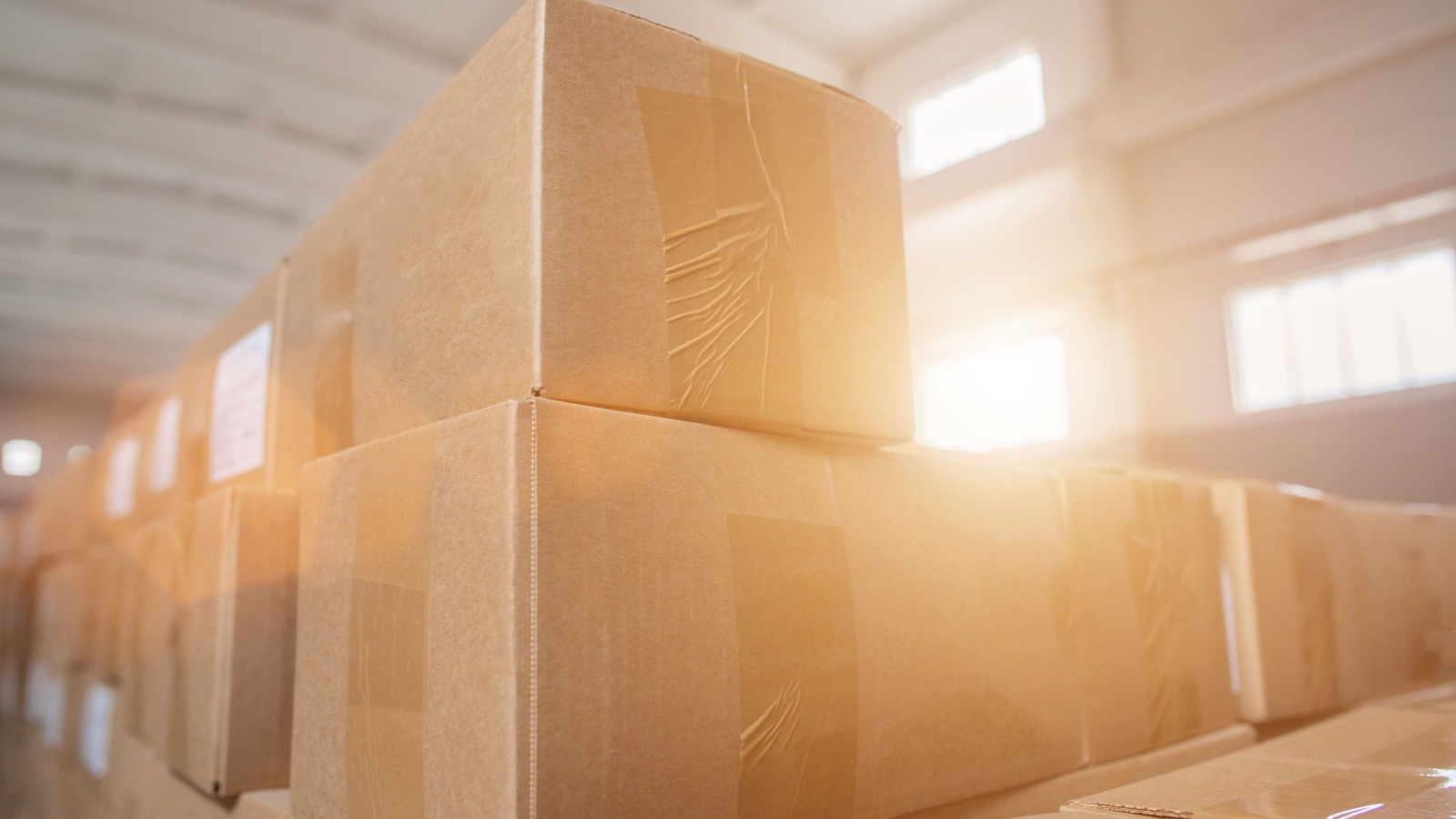
Many travellers underestimate how strictly food regulations are enforced at the border. Even small amounts of fruit, packaged snacks, homemade meals, or cured meats must be declared, regardless of quantity or packaging. Failing to disclose food — especially fresh produce, dairy, or meat — can lead to immediate confiscation and fines that can range from $400 to more than $1,000, depending on the violation and risk category. Border agents enforce these rules to protect Canada’s agricultural sector from pests and diseases. Even if an item seems harmless or commercially packaged, it still requires disclosure.
Bringing More Alcohol Than Allowed Without Declaring It
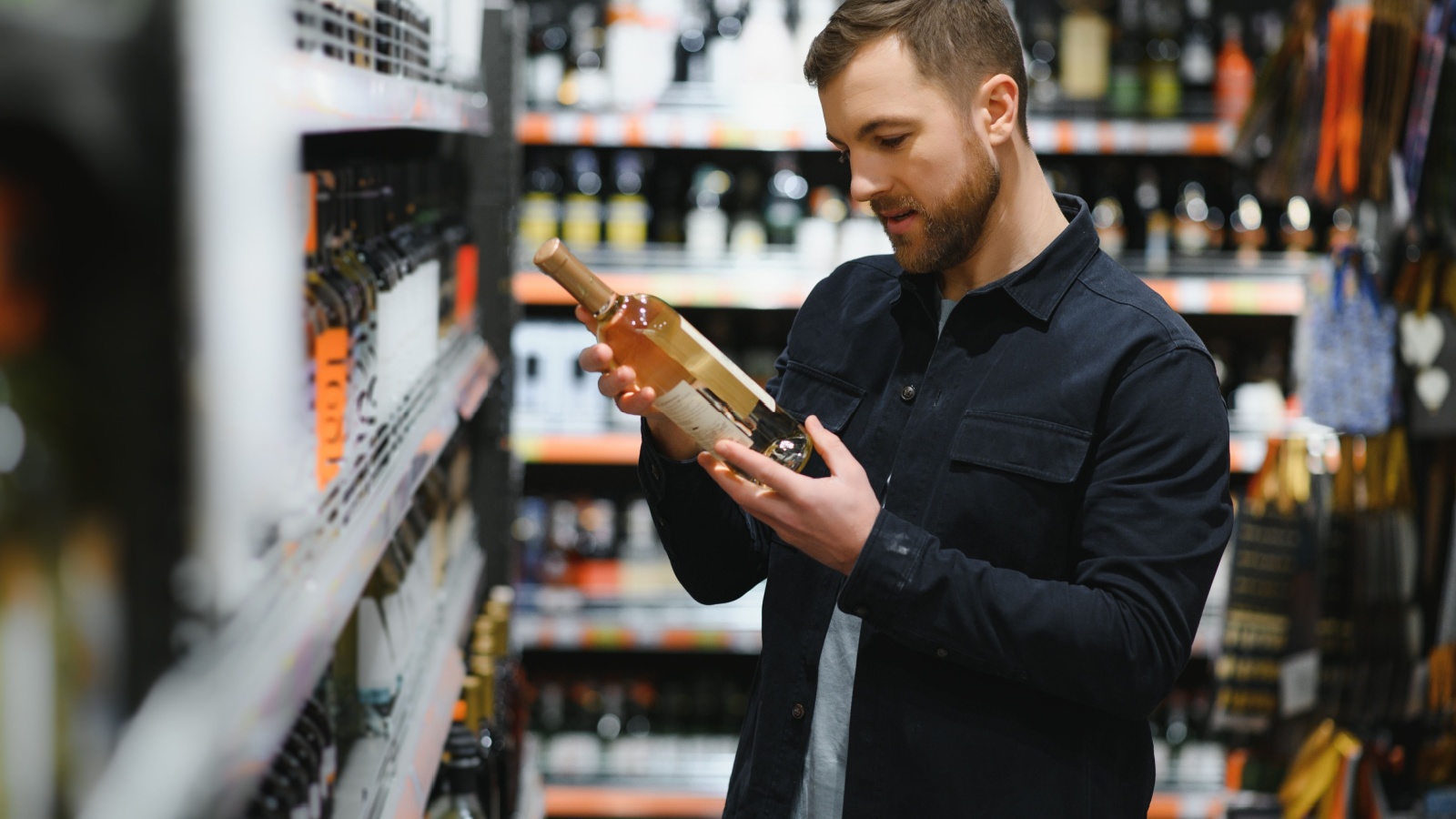
Travellers frequently exceed alcohol limits without knowing the rules, especially when returning from trips where liquor is inexpensive. Canada has specific personal exemption allowances based on trip length, and exceeding them without declaration can lead to duties, taxes, and fines ranging from $200 to over $1,000. Officers may seize undeclared alcohol entirely if they determine the omission was deliberate. Even a single extra bottle must be declared, as penalties become significant when travellers appear to be intentionally circumventing limits.
Carrying Cannabis Across the Border
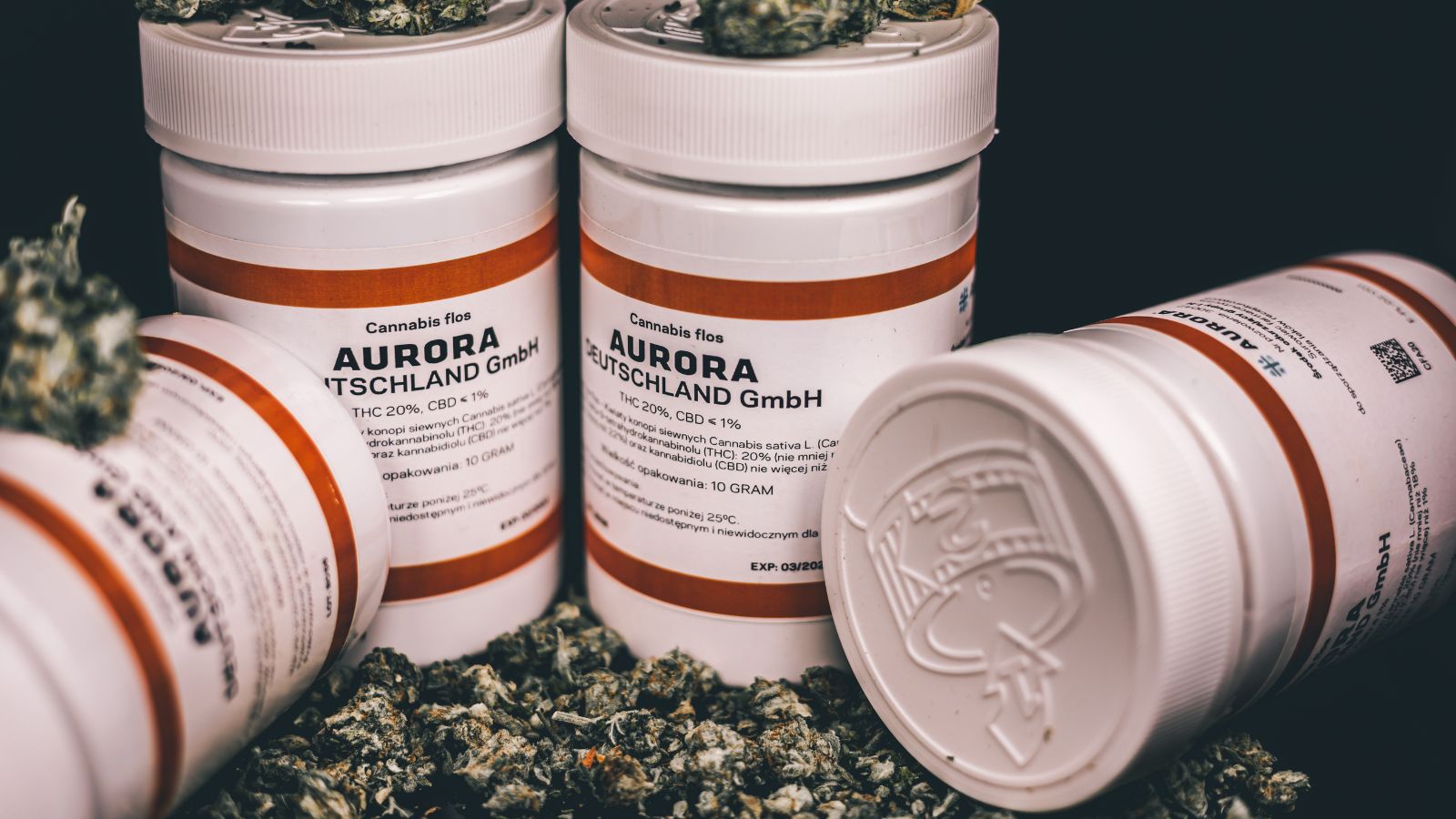
Despite cannabis being legal in Canada, transporting it across international borders — in either direction — is a federal offence. Many travellers mistakenly believe that small, personal amounts are permissible. The reality is that bringing cannabis or cannabis products across the border can result in seizure, fines, detention, or criminal charges, depending on the amount and intention. Even CBD oils and edibles fall under the same prohibition.
Not Having Proper Identification Ready
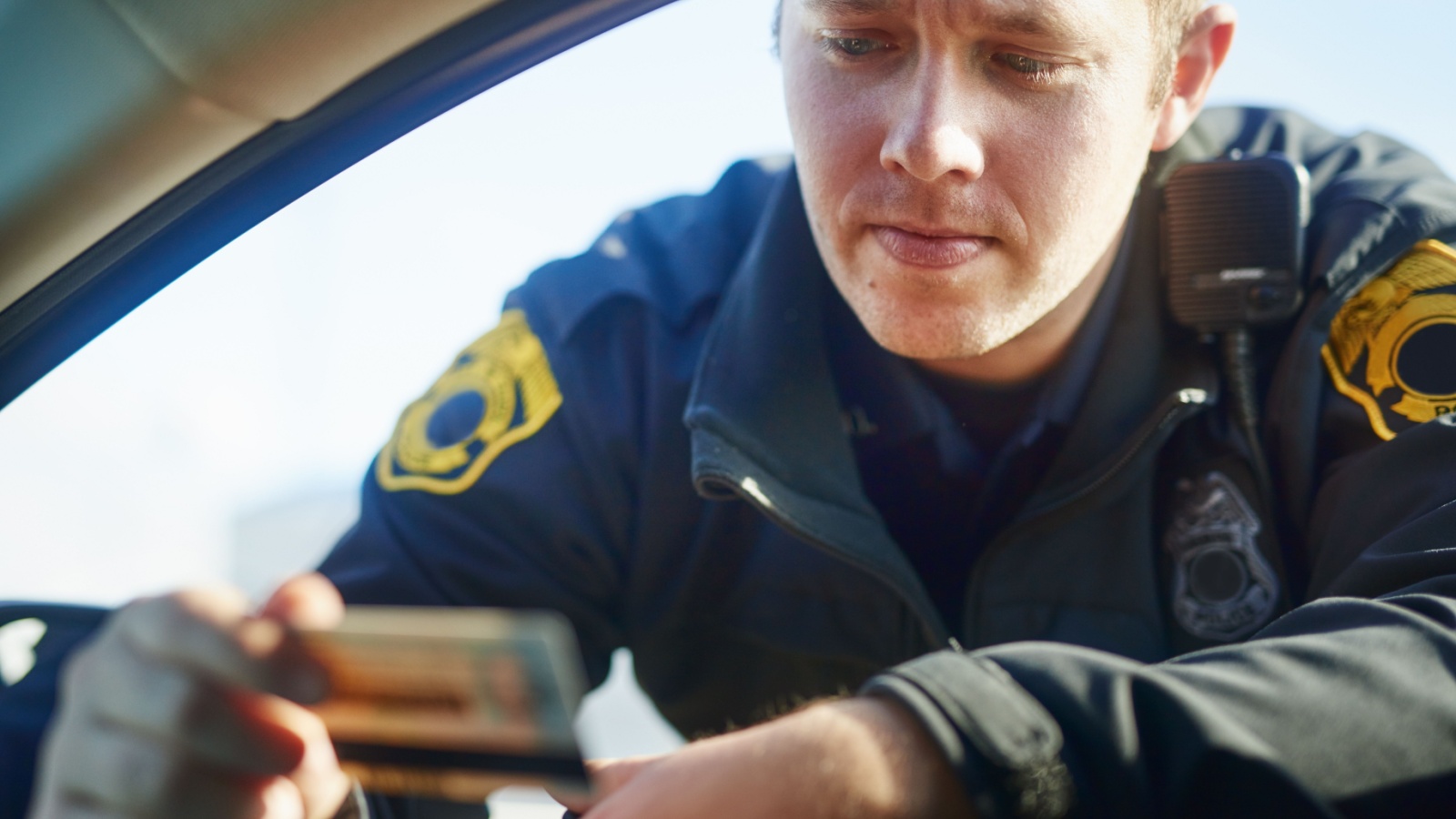
Travellers often cause delays or face secondary inspection because they lack the correct identification when approaching the booth. Canadians require a passport or approved travel document when returning by air, while permanent residents must carry their PR card. Foreign travellers require valid passports and, when applicable, visas or eTAs. Showing insufficient or secondary identification can result in extended questioning, missed connections, or denial of entry. While forgetting a document rarely leads to fines, it can trigger costly logistical problems. Officers emphasize preparedness because documentation rules are non-negotiable.
Misreporting Expensive Purchases
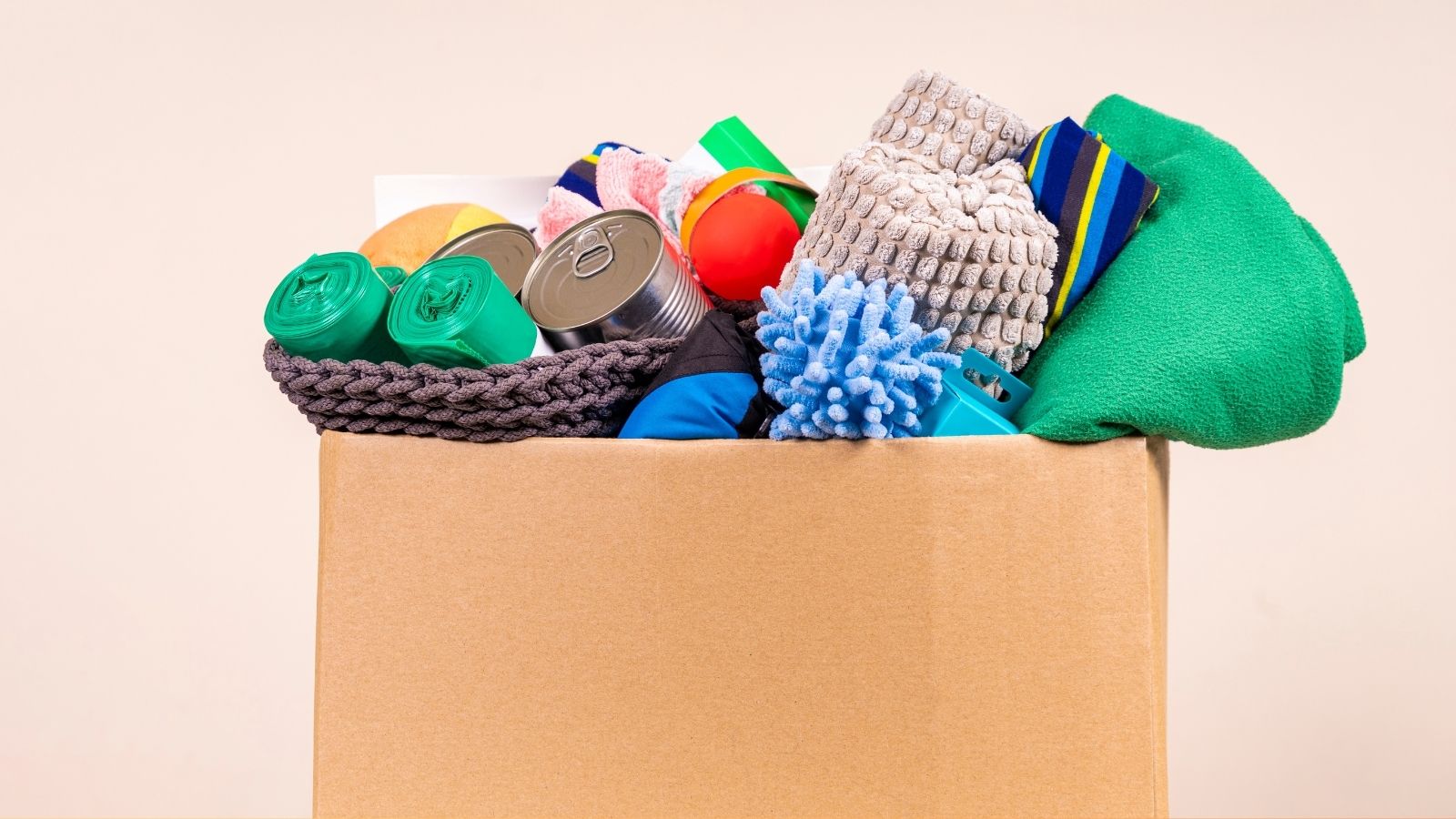
Travellers must accurately declare the total value of goods purchased abroad. Underreporting to avoid duties is considered a violation of the Customs Act and can result in seizures, penalties from 25% to 80% of the undeclared value, and long-term flags on your file. Border agents routinely check receipts, packaging, and product tags, and they are trained to spot discrepancies. Even honest mistakes, such as forgetting a high-value item, can lead to penalties. Declaring the full amount ensures a smoother experience and typically results only in duties being charged.
Bringing Restricted Agricultural Products

Seeds, plants, soil, untreated wood, and certain animal products fall under strict import controls. Many travellers unknowingly carry prohibited agricultural items purchased abroad as souvenirs or gifts. The Canadian Food Inspection Agency enforces these rules to protect domestic ecosystems, and fines for undeclared restricted products can exceed $800. In addition to financial penalties, items are confiscated immediately. Even packaged seeds or ornamental plants can be prohibited without proper certification. Officers expect travellers to declare anything related to agriculture, even if it seems minor.
Transporting Excess Currency Without Declaration
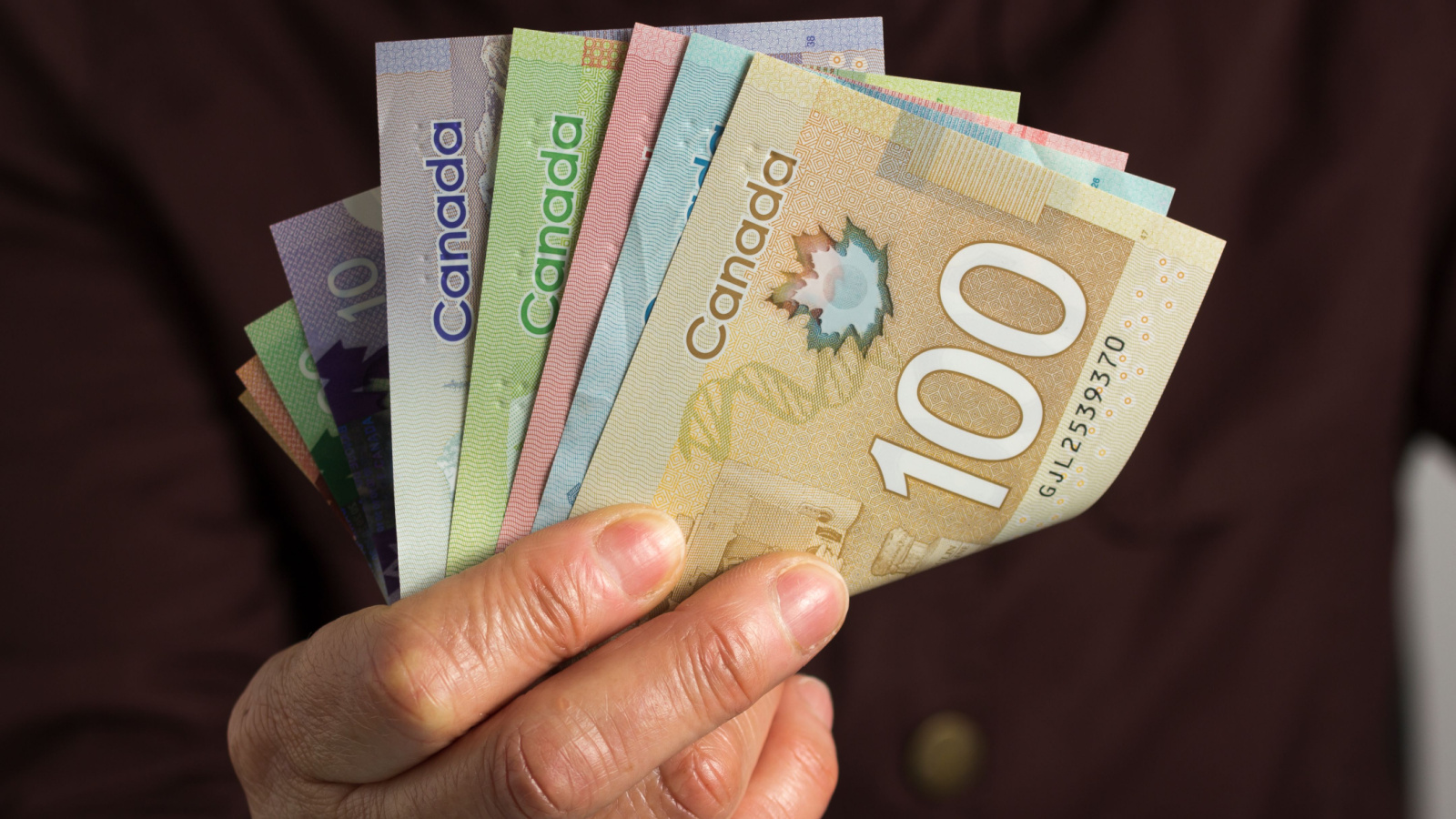
Travellers entering or leaving Canada with $10,000 or more (CAD or equivalent) must declare it. The requirement applies to cash, travellers’ cheques, money orders, and similar instruments. Failing to declare large amounts does not automatically imply wrongdoing, but it does trigger seizure and penalties, which can range from $250 to several thousand dollars, depending on circumstances. Border officers investigate undeclared currency to prevent money laundering and financial crimes. There is no limit on how much money travellers may carry, but full disclosure is mandatory.
Attempting to “Explain Away” Undeclared Items
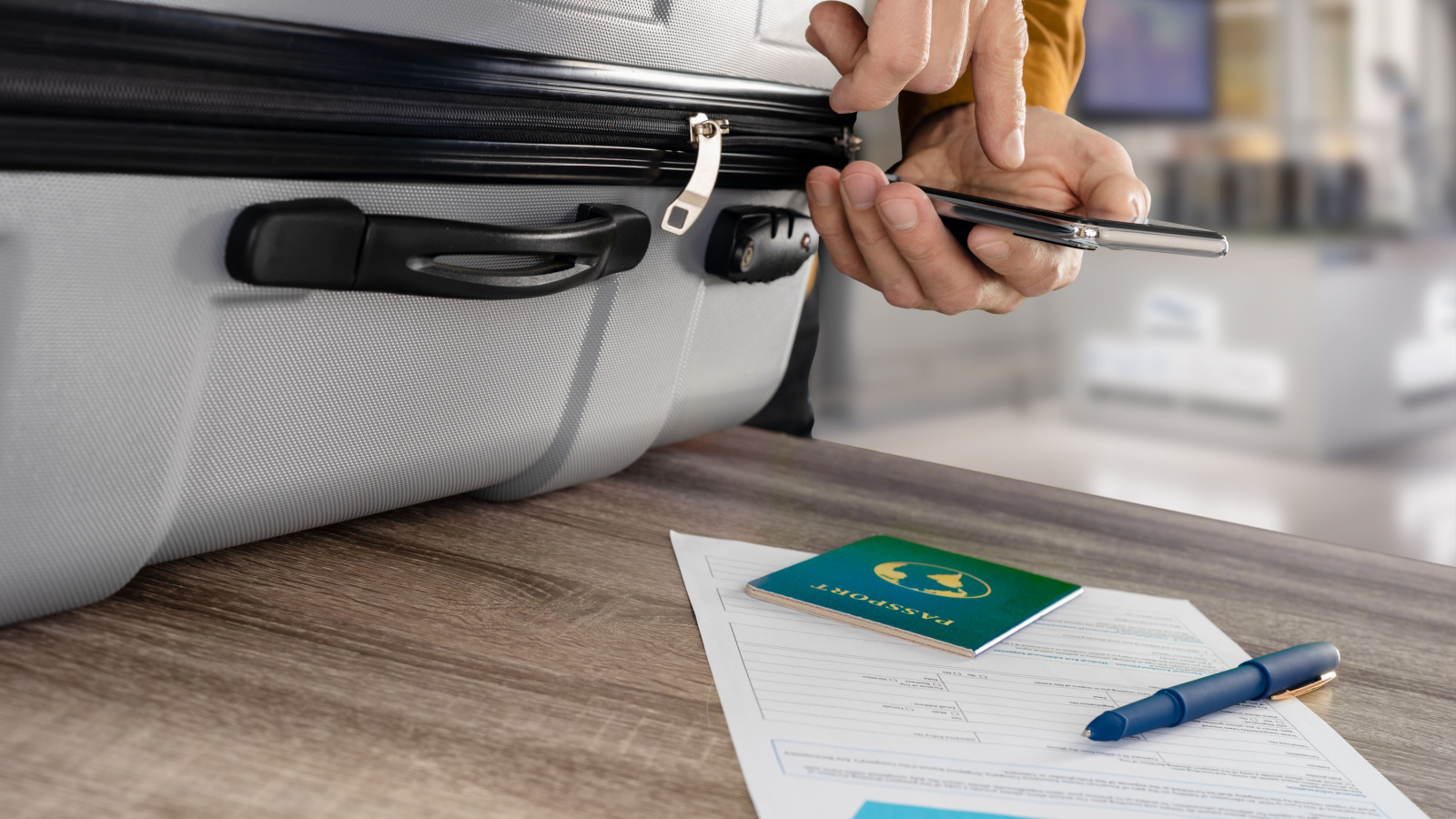
Some travellers make the mistake of trying to justify undeclared items at the booth rather than simply declaring them. Statements like “I didn’t think it counted,” “I bought it last minute,” or “It’s just a gift” do not exempt travellers from penalties. Attempting to explain a violation can be interpreted as intentional deception. Fines may escalate to the highest penalty tier, and the traveller may be referred to secondary inspection. Canada’s border rules are designed around transparency, and officers prioritize honesty above all else.
Bringing Prohibited Weapons Without Understanding the Regulations
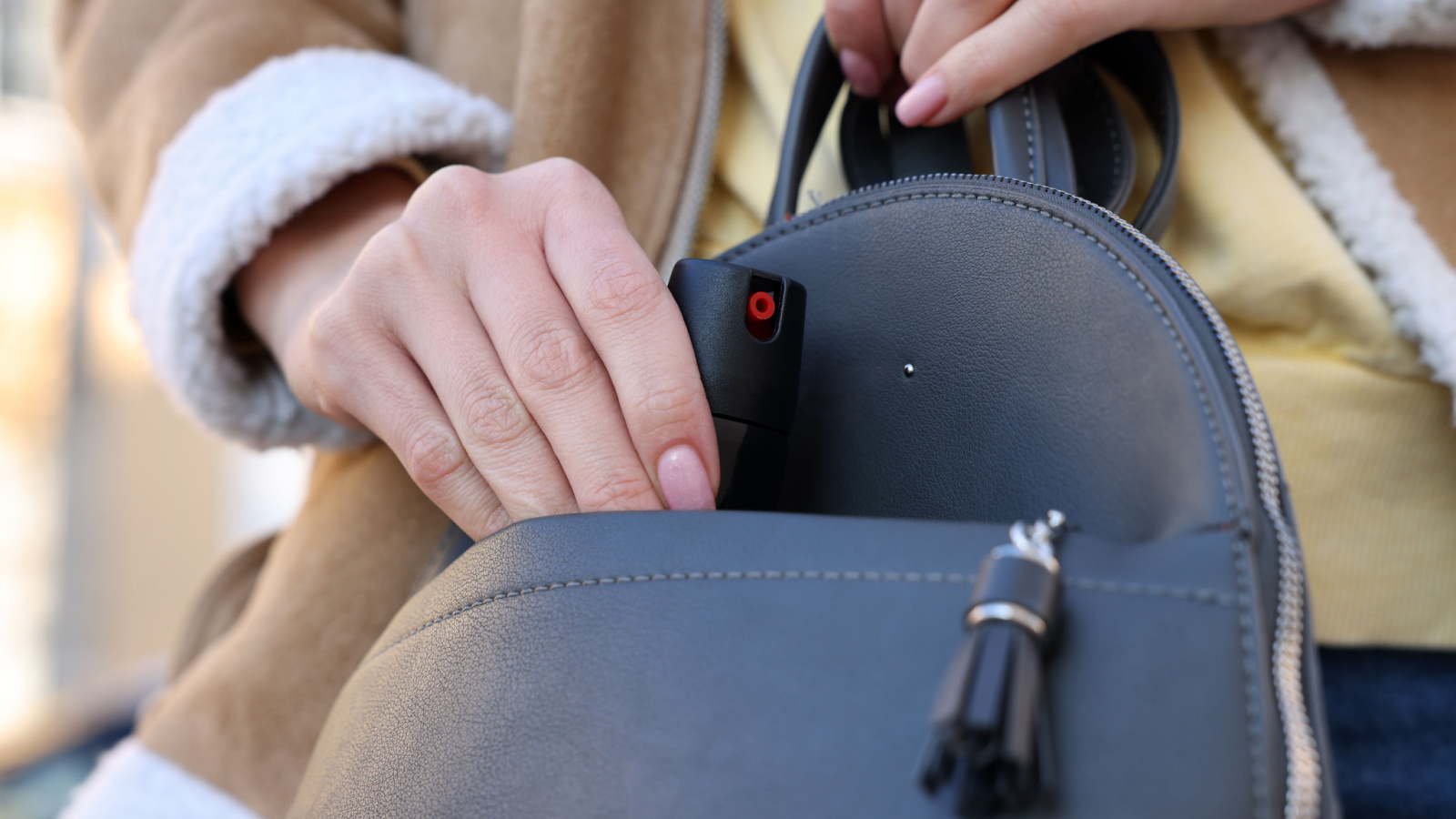
Travellers sometimes unknowingly carry prohibited items such as pepper spray labelled for self-defence, switchblades, batons, or certain tactical tools. Possessing these items at the border can lead to fines, confiscation, and, in some cases, criminal charges. Even small personal-protection devices that are legal elsewhere may be prohibited in Canada. Declarations must be accurate, and travellers should research regulations in advance. Border officers do not excuse ignorance of weapon classifications, and penalties escalate when items appear intentionally concealed.
Exceeding Tobacco Limits Without Declaration
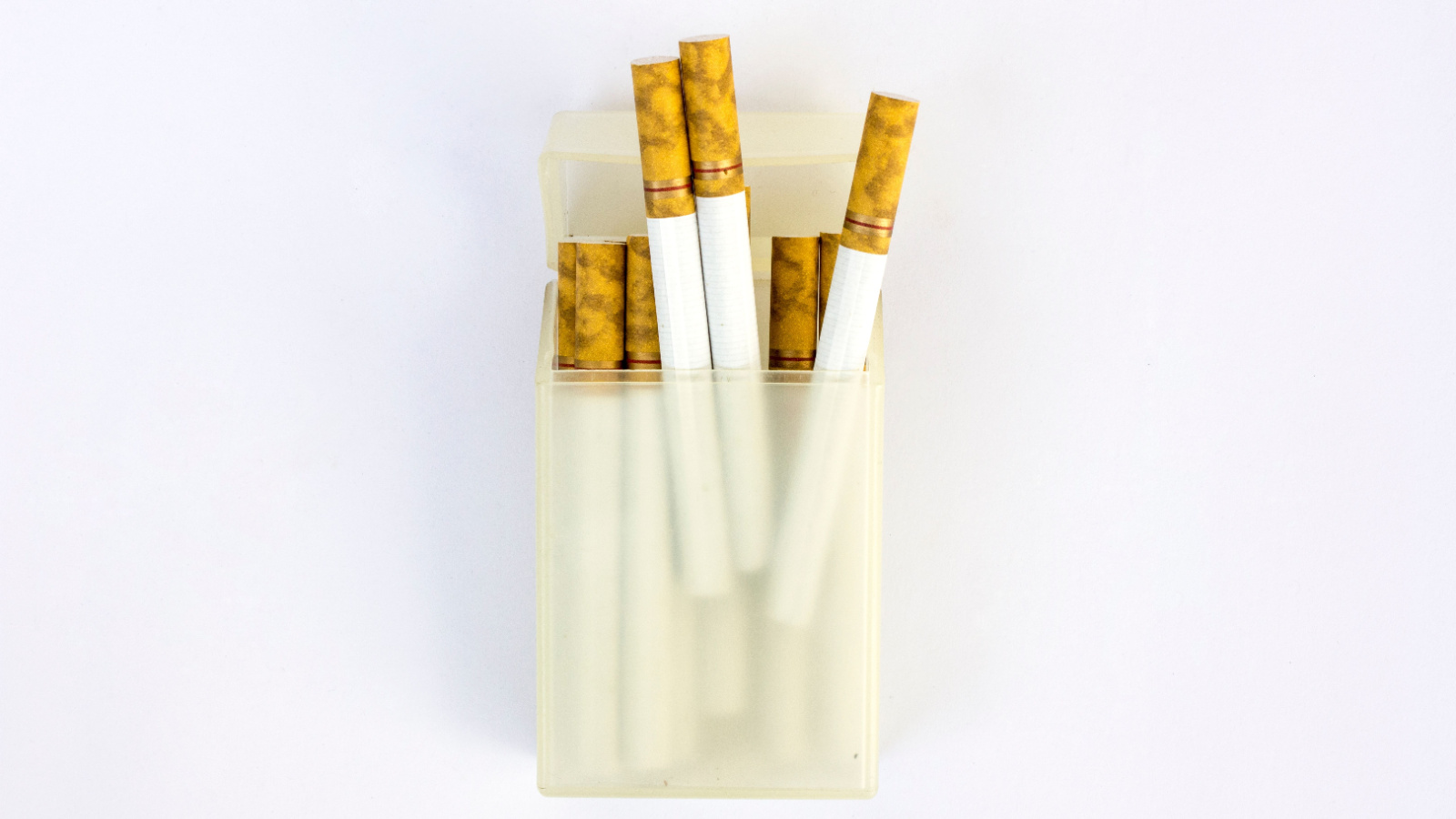
Tobacco products are tightly controlled, and travellers who exceed their personal exemption must declare the extra amounts. Many assume that a few additional cigarettes or an extra cigar will be overlooked, but Canadian customs treat undeclared tobacco as a serious offence. Penalties range from seizure plus duties to fines exceeding $1,000, depending on quantity and intent. Officers routinely check for concealed cartons, loose cigarettes, and travel-only duty-free items that surpass limits. Even if the products were purchased legally abroad, failing to declare them is considered a deliberate violation under the Customs Act.
Assuming Medication Doesn’t Need to Be Declared

Travellers often forget that certain medications, including personal prescriptions, require proper documentation when crossing into Canada. While most prescription medicines are allowed, they must be carried in labelled containers and declared if they fall under controlled substances. Failing to do so can result in seizure, fines, and extended questioning. Border officers may request proof of dosage, doctor information, or verification of legitimacy. Over-the-counter products from other countries can also contain ingredients restricted in Canada, leading to confiscations if undeclared.
Not Understanding “Gifts” Still Require Declaration

Many travellers believe gifts are exempt from declaration because they are not for personal use. However, all gifts — whether clothing, electronics, alcohol, or specialty foods — must be declared at their fair market value. Underreporting or failing to declare gifts can result in penalties ranging from tax assessments to fines of several hundred dollars. Officers regularly see travellers attempt to justify undeclared items by saying they are presents, but the law treats them the same as any personal purchase. The fine increases if the gift is high-value or appears intentionally concealed.
Overpacking Produce from Road Trips

Travellers returning by land frequently carry fruits and vegetables purchased during trips — especially from roadside stands. Even small amounts of produce require declaration, and certain items are prohibited depending on pest risk. Failing to declare fresh produce can result in fines of $400 or more, immediate disposal, and potential secondary inspection. Travellers often forget about items stored in coolers, backpacks, or glove compartments, but officers treat accidental transport the same as intentional omission.
Incorrectly Filling Out Declaration Cards

Errors on declaration cards — whether handwritten or electronic — continue to cause significant issues at border crossings. Missing information, incorrect values, unchecked boxes, or vague answers can trigger secondary inspections and potential penalties. Misstatements on customs declarations are legally considered inaccurate reporting, which can lead to fines ranging from $250 to several thousand dollars, depending on severity. Even honest mistakes may delay processing or lead to repacking of luggage during inspection.
Forgetting to Declare High-Value Electronics
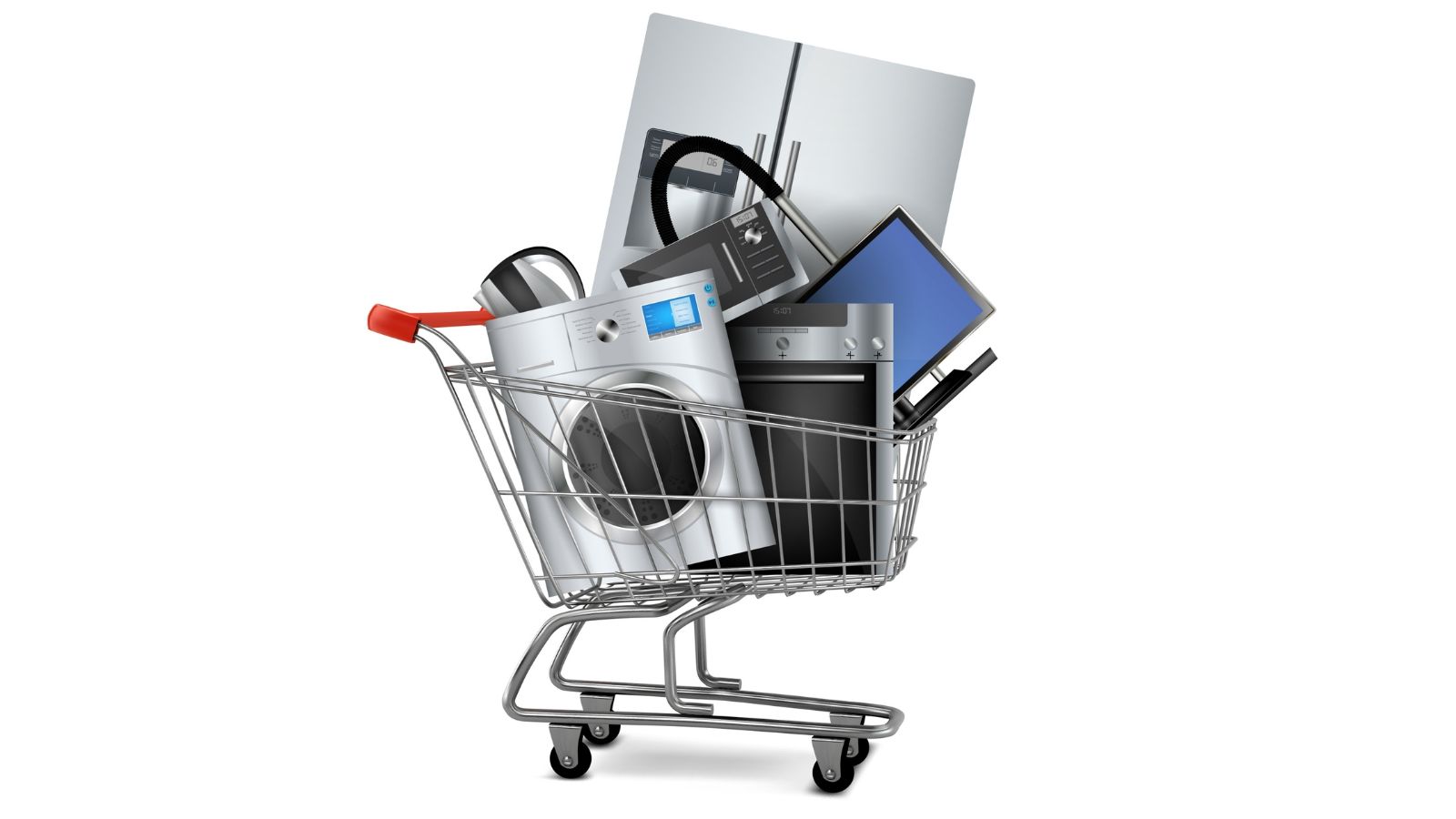
Travellers often bring back laptops, cameras, drones, or audio equipment without declaring them, assuming officers won’t check or that used electronics don’t count as “goods.” However, all purchased items — new or used — must be declared. Failing to do so can result in seizure and penalties up to 60–80% of the item’s value. Drones and cameras are especially scrutinized due to their potential for resale. Officers frequently compare traveller statements with receipts, packaging, or ownership indicators. Even if the device was purchased for personal use, hiding it triggers the highest penalty tier.
Misunderstanding Pet Documentation Requirements
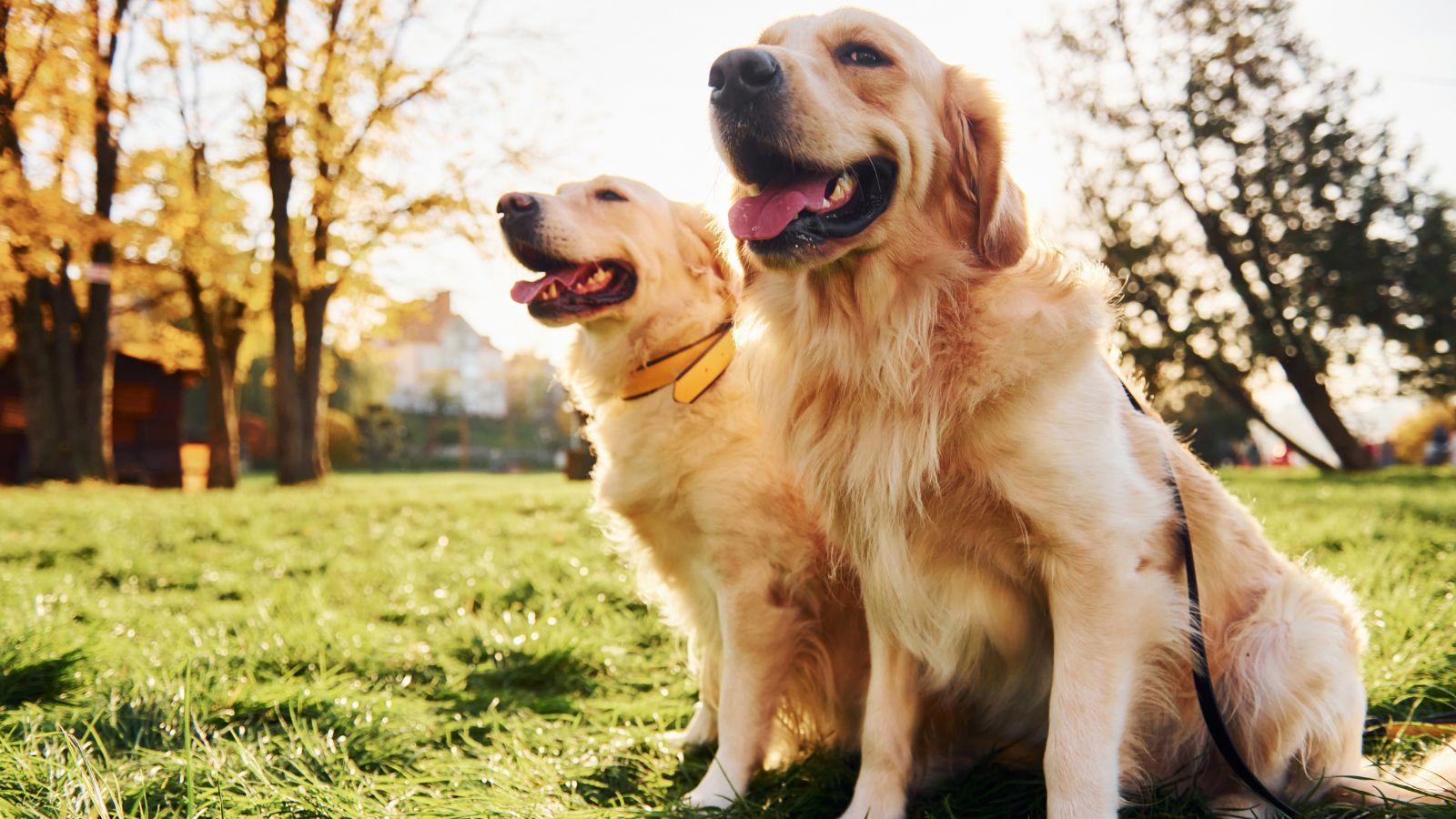
Travellers bringing pets across the border often assume vaccination records or microchips are optional. Canada requires specific documentation, including proof of rabies vaccination for dogs and, in some cases, veterinary certificates for other animals. Missing paperwork can lead to entry refusal for the animal and additional inspection fees. Border officers enforce animal-health regulations strictly to prevent disease transmission. Even emotional-support animals must meet documentation standards. Travellers who arrive unprepared face delays, possible quarantine requirements, or costly re-routing.
Ignoring Restrictions on Meat and Animal Products
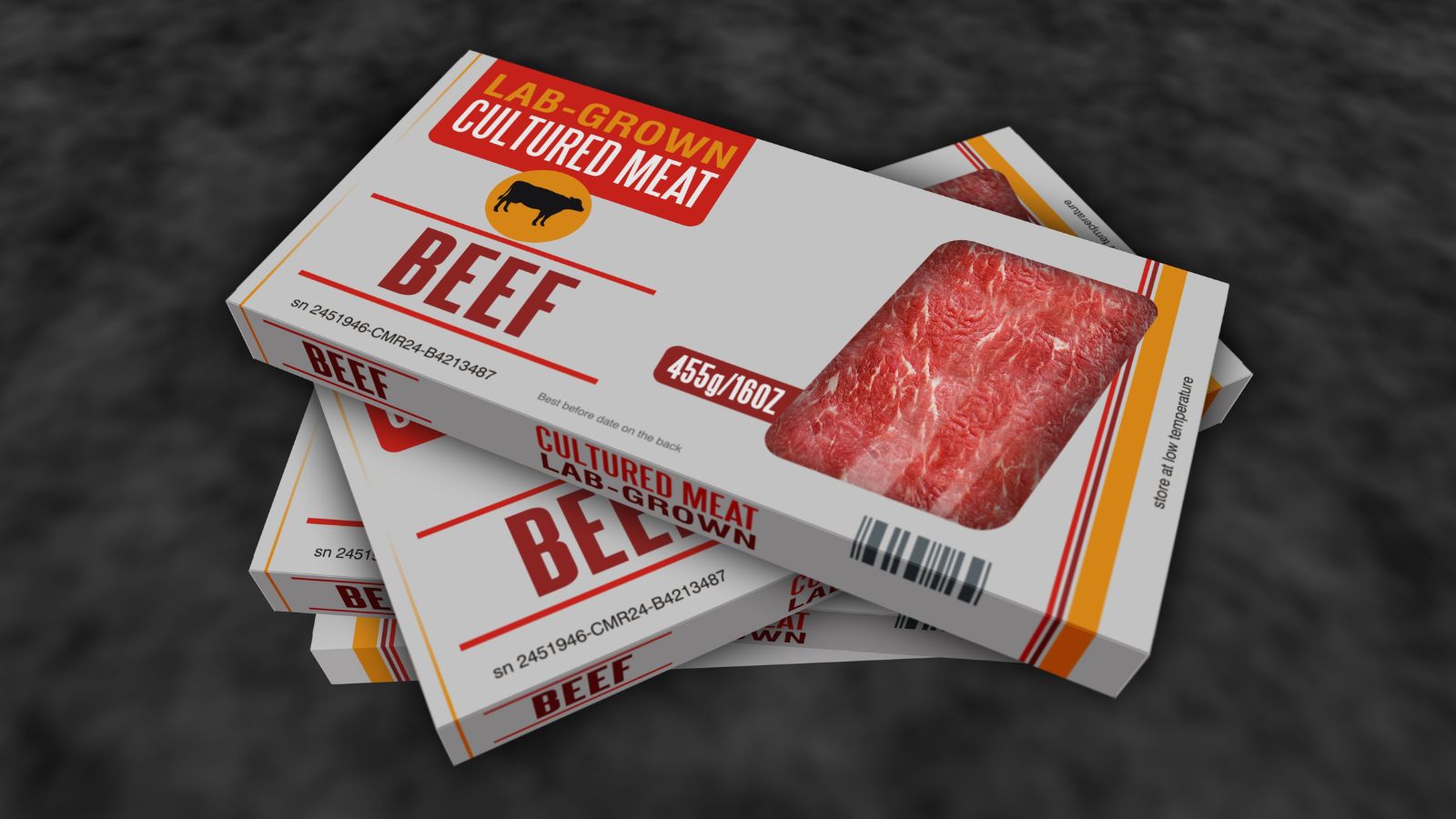
Travellers frequently carry cured meats, sausages, jerky, or specialty animal products from trips abroad, unaware that many fall under strict import controls. Some items require permits, while others are entirely prohibited based on origin and disease risk. Undeclared animal products can lead to fines of $800 or more, as well as full seizure. Even commercially packaged meats may be restricted. Border officials enforce these rules rigorously because of the high risk posed to livestock industries.
Believing “It Doesn’t Matter If It’s Just One Time”

A common misconception among travellers is that small violations will be overlooked if they’re “just one-time mistakes.” Border agents assess intent through behaviour, and even a first offence can lead to seizure, fines, or long-term notes on the traveller’s file. These records impact future crossings, leading to increased scrutiny and more frequent secondary inspections. Attempting to bypass rules once often results in far greater inconvenience later. Border regulations are designed with transparency in mind, and officers emphasize that every crossing requires adherence.
21 Products Canadians Should Stockpile Before Tariffs Hit

If trade tensions escalate between Canada and the U.S., everyday essentials can suddenly disappear or skyrocket in price. Products like pantry basics and tech must-haves that depend on are deeply tied to cross-border supply chains and are likely to face various kinds of disruptions
21 Products Canadians Should Stockpile Before Tariffs Hit
